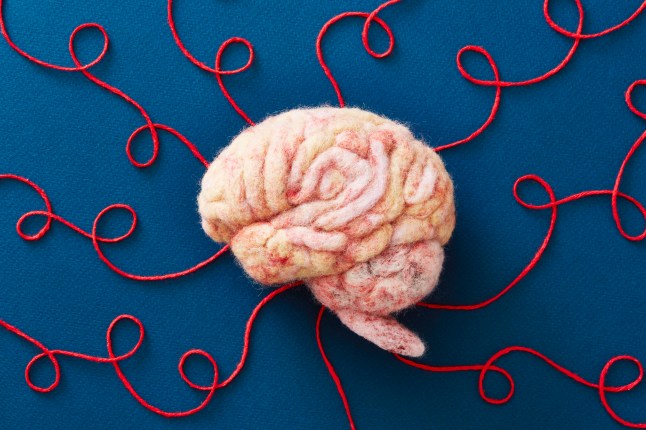16 Oct, 2025 | Admin | No Comments
If you can do these 5 things in your 30s, your brain is in great shape




Remembering everyday details

Working memory

Learning and recalling words

Paying attention and switching gears

Problem-solving and reasoning


Write Reviews
Leave a Comment
No Comments & Reviews